At the seminar on developing low-emission food systems (LTTP) in the Mekong Delta, Dr. Pham Thu Thuy - University of Adelaide (Australia) stated that the LTTP industry accounts for 31% of total emissions.
In Vietnam, the Mekong Delta accounts for 50% of rice production; 95% of rice exports; 65% of aquaculture production; 60% of fish exports; 70% of fruits... Therefore, the issue of emission reduction in the LTTP system in this region needs attention.
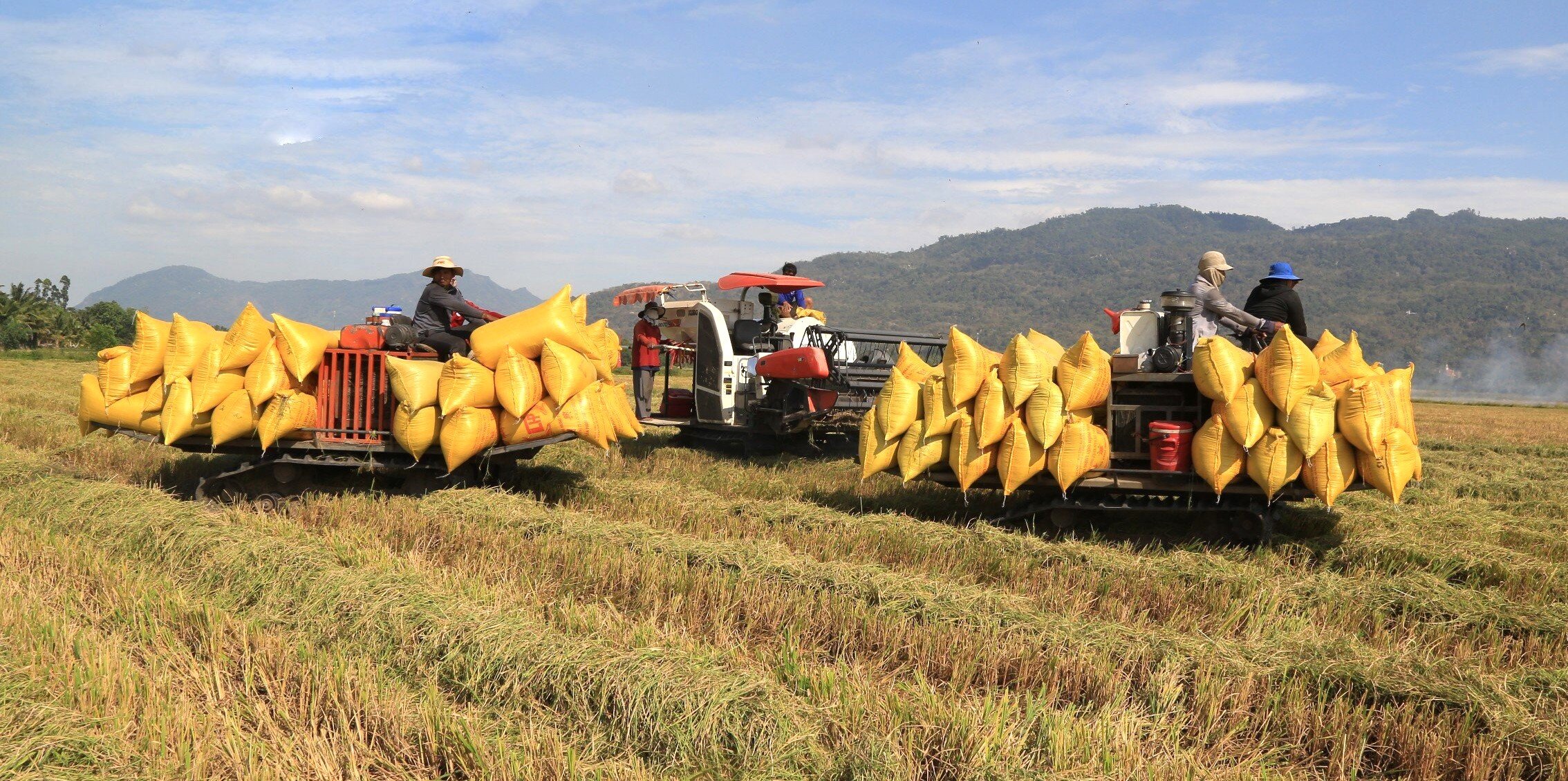
Rice production is a potential industry for reducing emissions. Photo: Loc Troi
According to Dr. Thuy, the food safety system includes all factors such as environment, people, processing, infrastructure, institutions, etc.; activities related to production, processing, distribution, preparation and use of food safety; outputs of these activities, including economic , social and environmental outputs.
In 2022, Vietnam's rice production sector accounted for 34% of the country's total emissions; livestock digestive fermentation accounted for 12%, both of which are related to the LTTP system.
Regarding opportunities to reduce emissions in the LTTP sector, Dr. Thuy said that the Government and relevant parties have shown interest in climate change and reducing emissions in the LTTP system. The Mekong Delta has advantages in terms of brand and market share of agricultural products in the international market. There are many practical low-emission agricultural production models here.
Meanwhile, according to Associate Professor Dr. Kha Chan Tuyen - Faculty of Chemical and Food Technology (Ho Chi Minh City University of Agriculture and Forestry), the biggest challenge of agriculture in the Mekong Delta is that the organization of production and the application of scientific and technical advances are still fragmented and small-scale.
Mekong Delta agriculture needs to avoid spontaneous development in width, disrupting short-term and long-term planning. Uncontrolled exploitation of land and water resources causes negative impacts and climate change in this region.
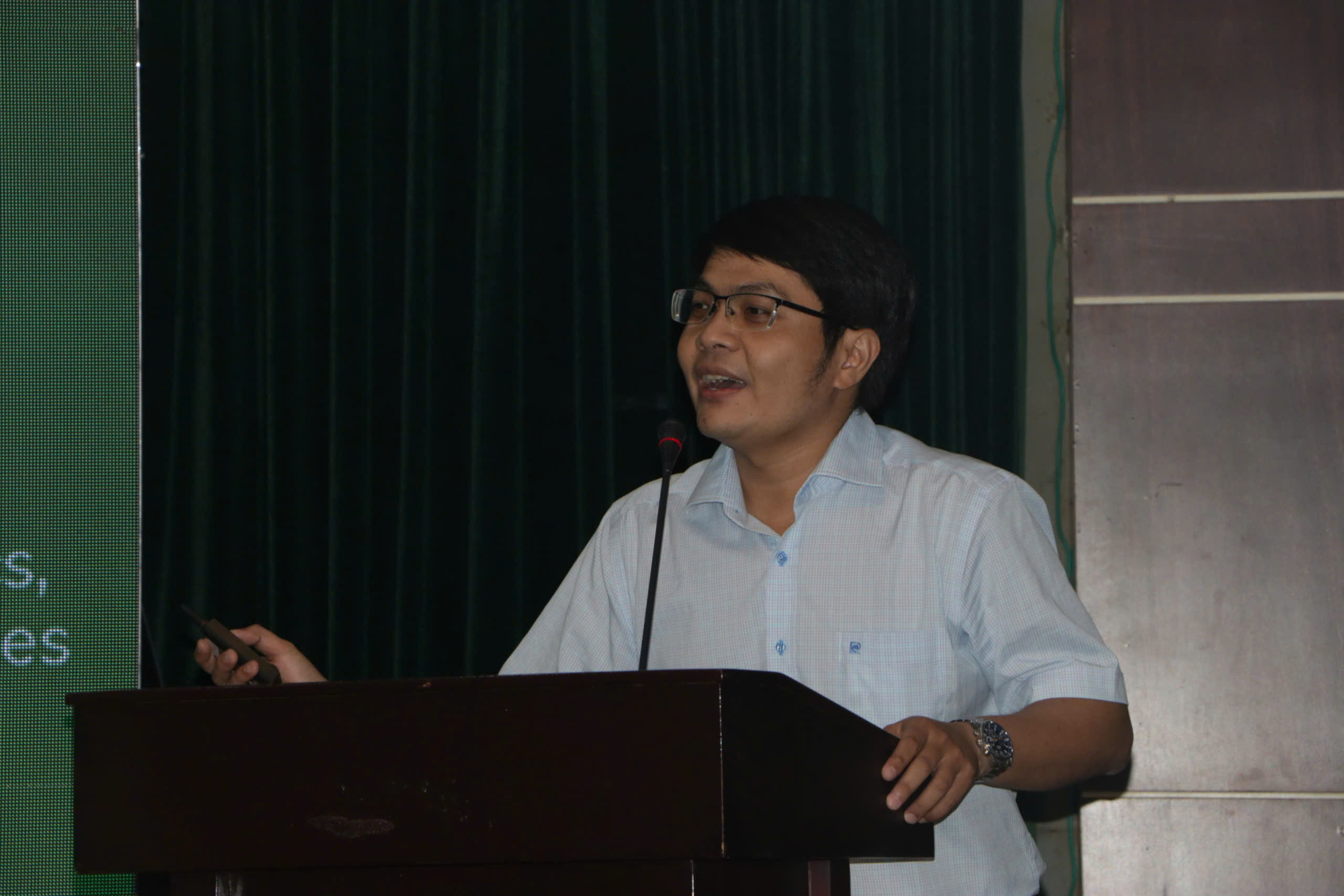
Mr. Ong Quoc Cuong - International Rice Research Institute (IRRI) presented at the seminar. Photo: Quang Sung
"In Southeast Asia, rice emissions are higher than livestock or other crops. Rice farming emits high levels of methane, mainly due to traditional rice growing methods, when flooded rice fields release methane and other greenhouse gases," said Ong Quoc Cuong, International Rice Research Institute (IRRI).
In the entire agricultural sector, rice production is a potential sector for emission reduction. 1ha of rice emits an average of 12.7 tons of CO2 equivalent per year. If low-emission farming technology is applied well, the Vietnamese rice sector can reduce emissions by 40% to 65% (65% equivalent to 8.3 tons of CO2 equivalent/year/ha).
Mr. Cuong suggested the method of alternating flooding and drying, which can reduce emissions by an average of 45%; planting short-term rice varieties can help reduce emissions by 7%; and the amount of straw left after harvest, if not burned, can reduce emissions by 15%.
Source: https://danviet.vn/chuyen-gia-irri-viet-nam-co-kha-nang-giam-phat-thai-83-tan-co2-cho-1ha-lua-moi-nam-20240823164307943.htm



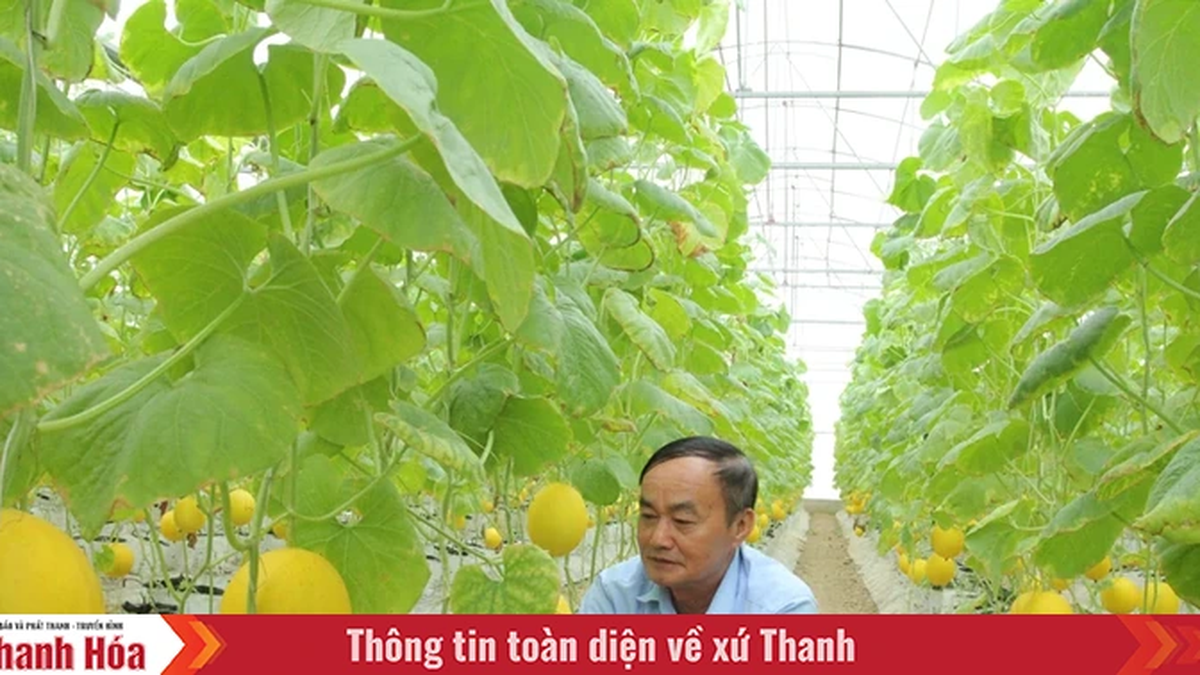

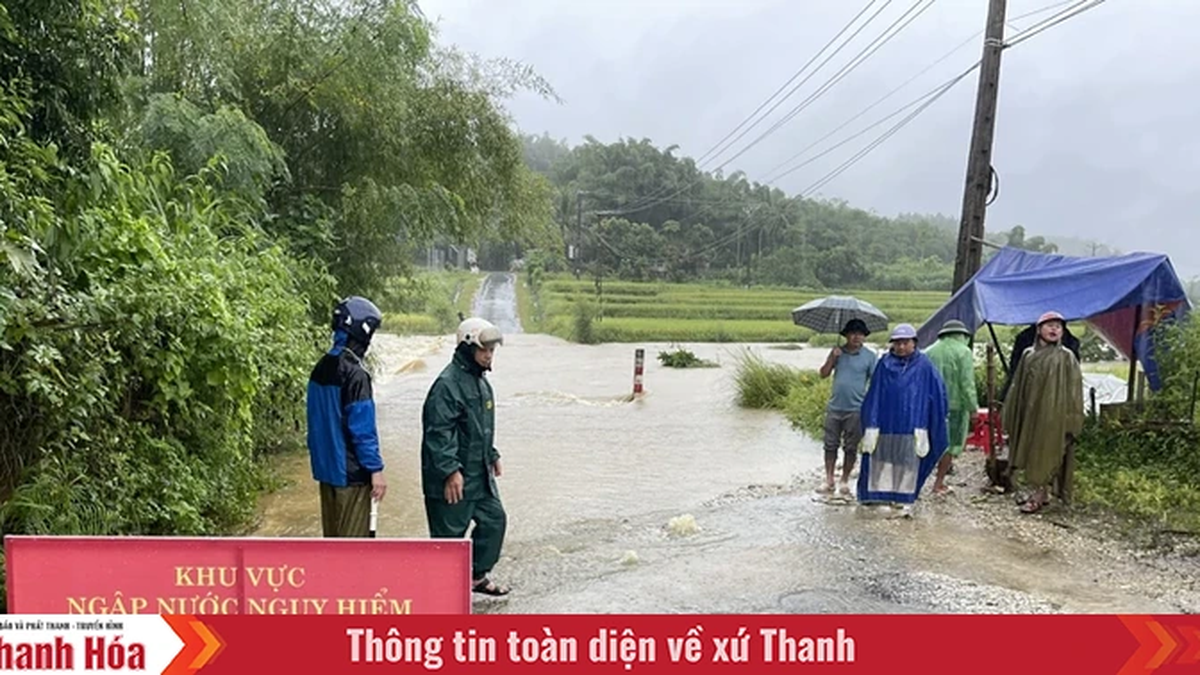
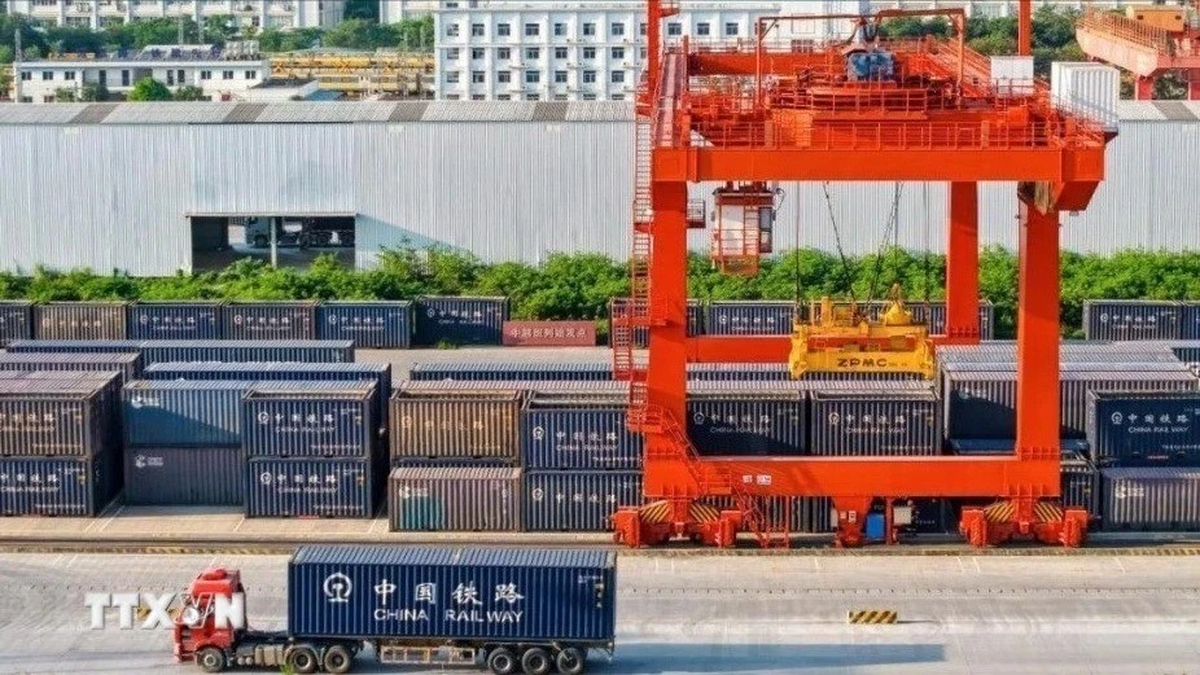

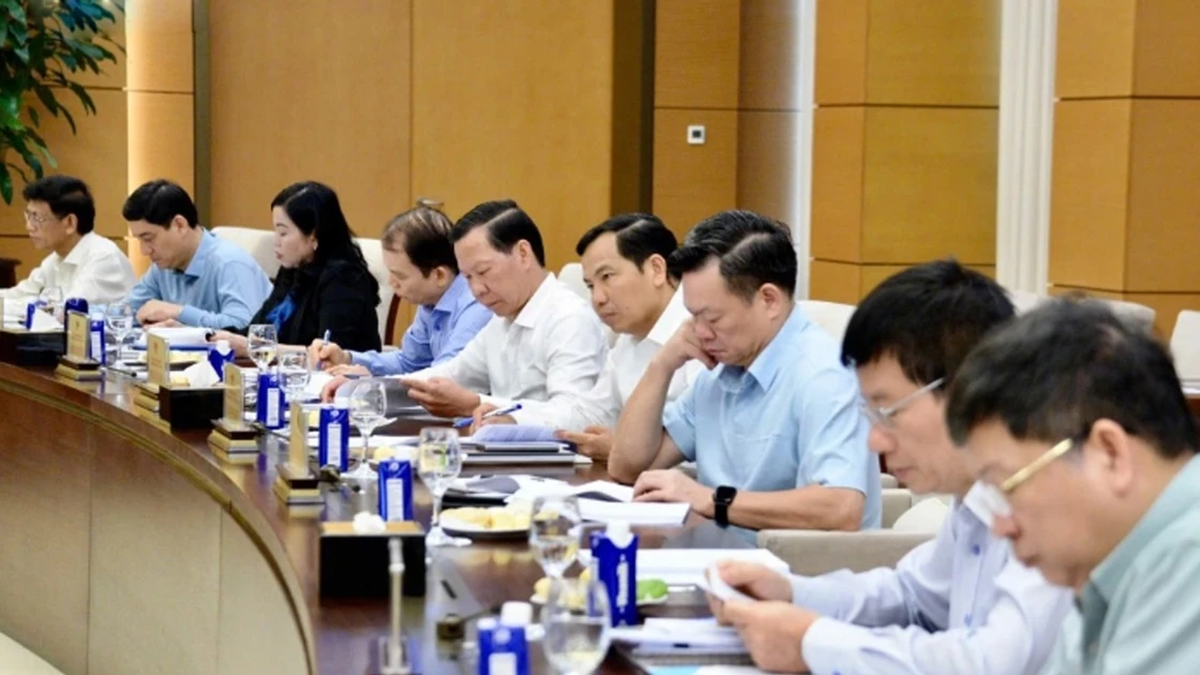
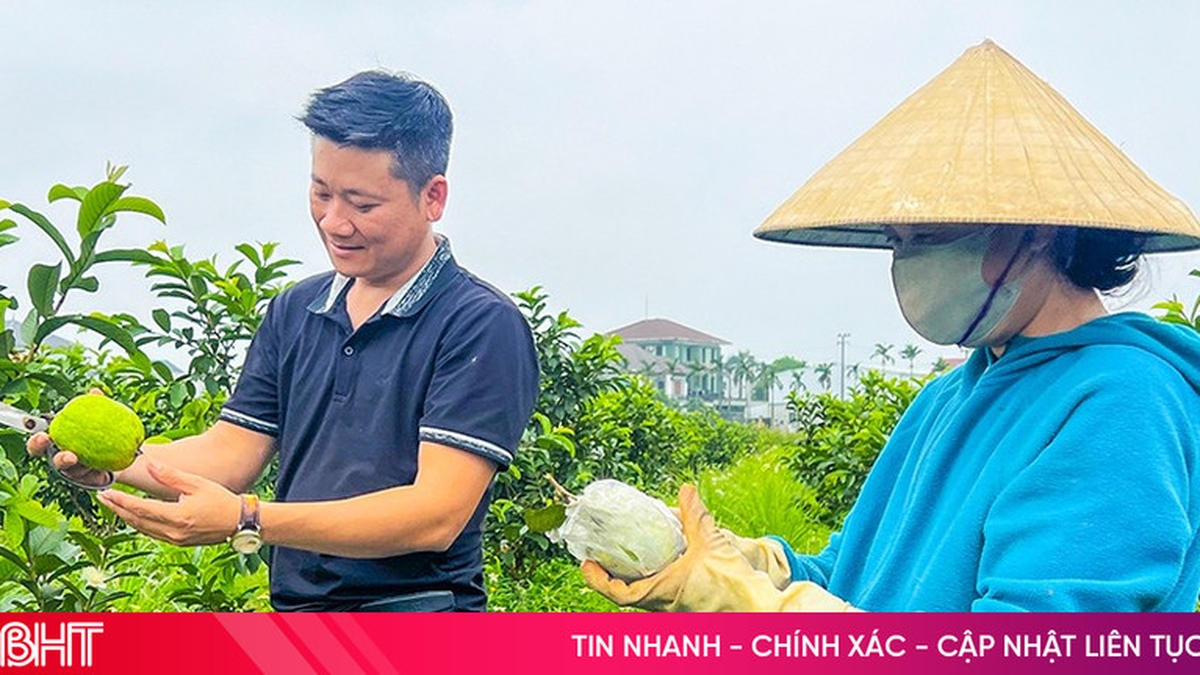
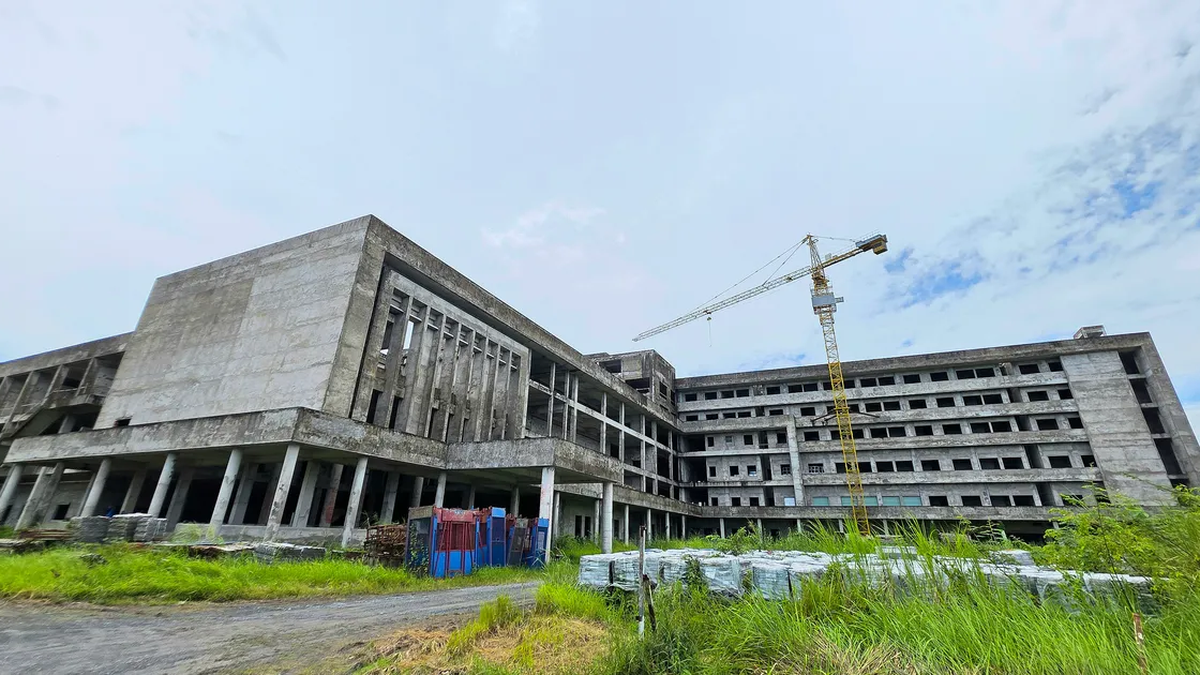
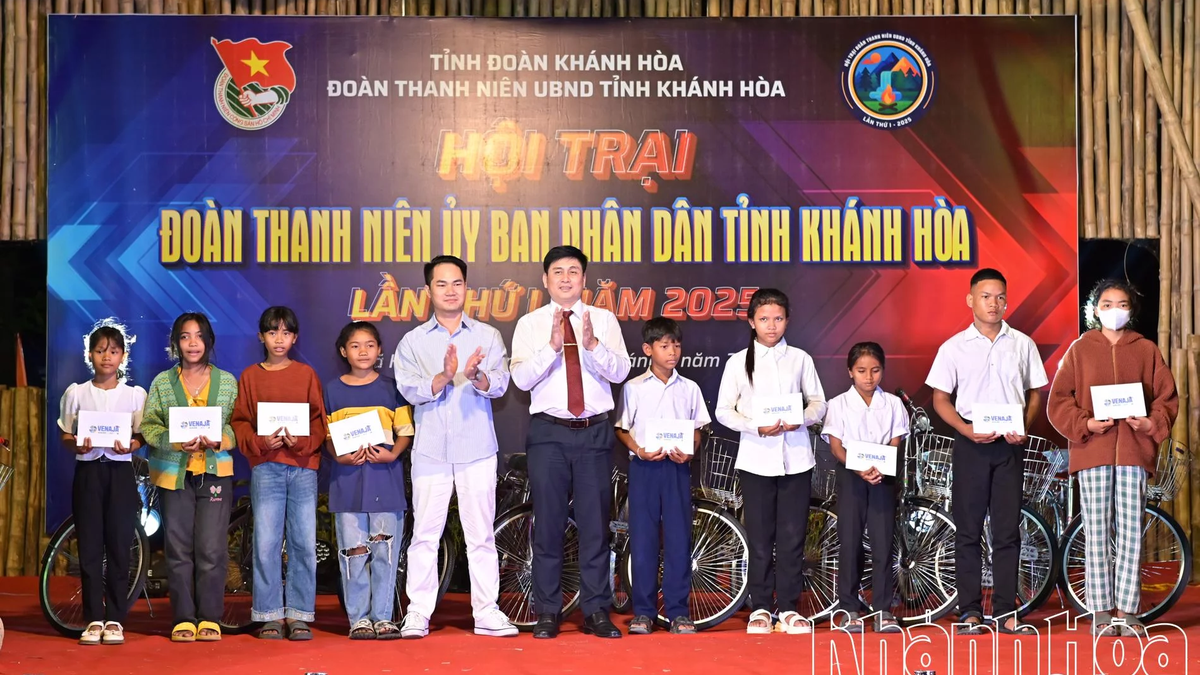




































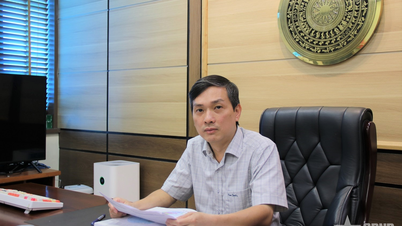

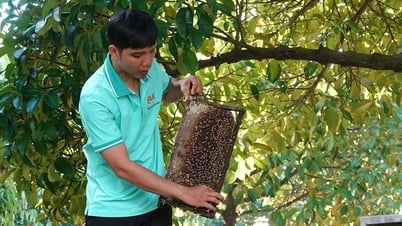















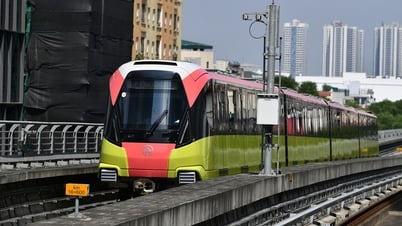





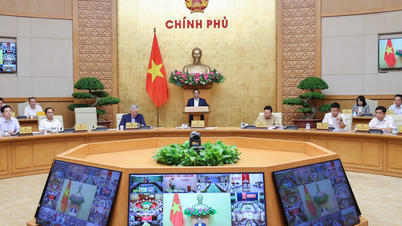


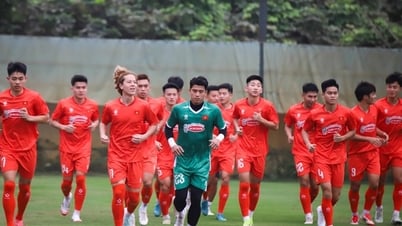


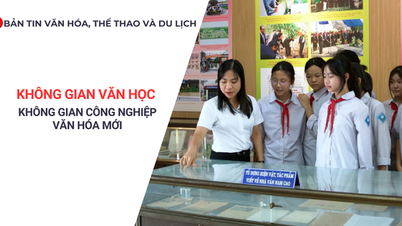























Comment (0)